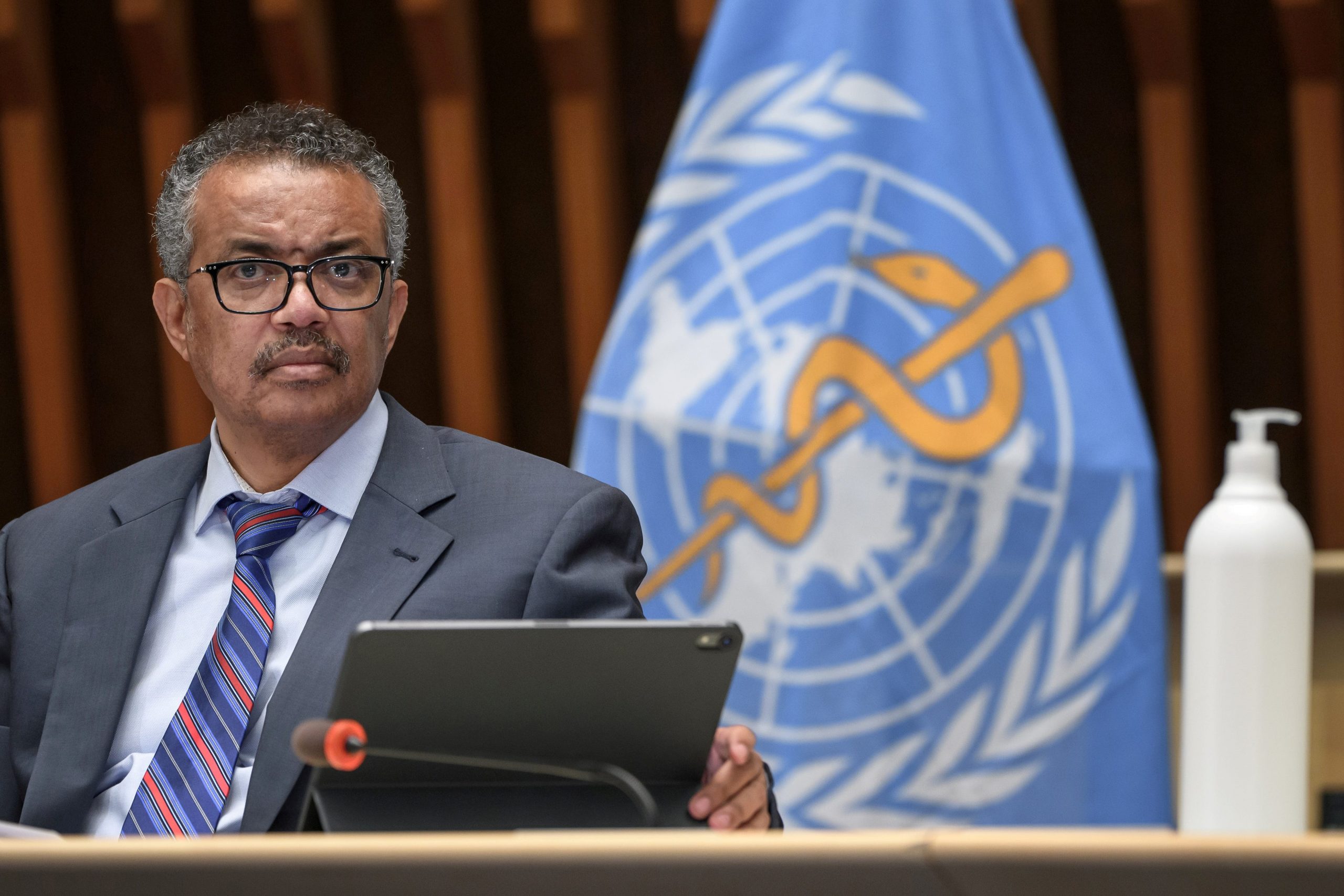
Reuters
- Too many countries have neglected public health services, and should invest in them to protect against future pandemics, the head of the World Health Organization (WHO) has said.
- “Public health is the foundation of social, economic and political stability,” Adhanom Ghebreyesus said at a press conference on Monday.
- Nearly 27 million COVID-19 cases and 900,000 deaths had been reported worldwide, according to statistics from the WHO.
- Visit Business Insider’s homepage for more stories.
The head of the World Health Organisation (WHO) said Monday that too many countries have neglected their basic health services in the past, as he urged governments across the world to invest in public health to protect against future pandemics.
Adhanom Ghebreyesus, WHO director-general, warned on Monday that “this will not be the last pandemic,” and that countries must pump money into their public health services to prevent, detect, and respond to diseases.
“Public health is the foundation of social, economic and political stability,” he said at the press conference. While countries have made huge advances in medicine in recent years, “too many have neglected their basic public health systems which are the foundations for responding to infectious diseases and outbreaks.”
A 2019 WHO report showed that state health spending grew over the past 20 years, but that the rate of growth fell during the 2010s. Public spending on health grew 4.9% a year between 2000 and 2010, but only 3.4% between 2010 and 2017, on average.
Public spending represents about 60% of global spending on health and grew at 4.3% a year
between 2000 and 2017. This growth has been decelerating in recent years, from 4.9% a year
growth in 2000–2010 to 3.4% in 2010–2017.
Latest statistics from the WHO released Monday show nearly 27 million COVID-19 cases and 900,000 deaths have been reported worldwide. More than 18.1 million people have recovered from the virus, according to the John Hopkins University.
Southeast Asia reported 600,000 new coronavirus cases in the past week, becoming the region with the highest number of total cases, according to the WHO. India's health ministry reported 90,802 cases on Monday, taking its total to 4.2 million. It now has the second-highest number of cases in the world, behind the US and ahead of Brazil.
Cases in the Americas increased by 1% and deaths fell 4% over the past week, the WHO reported, but it added that the region still accounted for almost half of all new cases.
